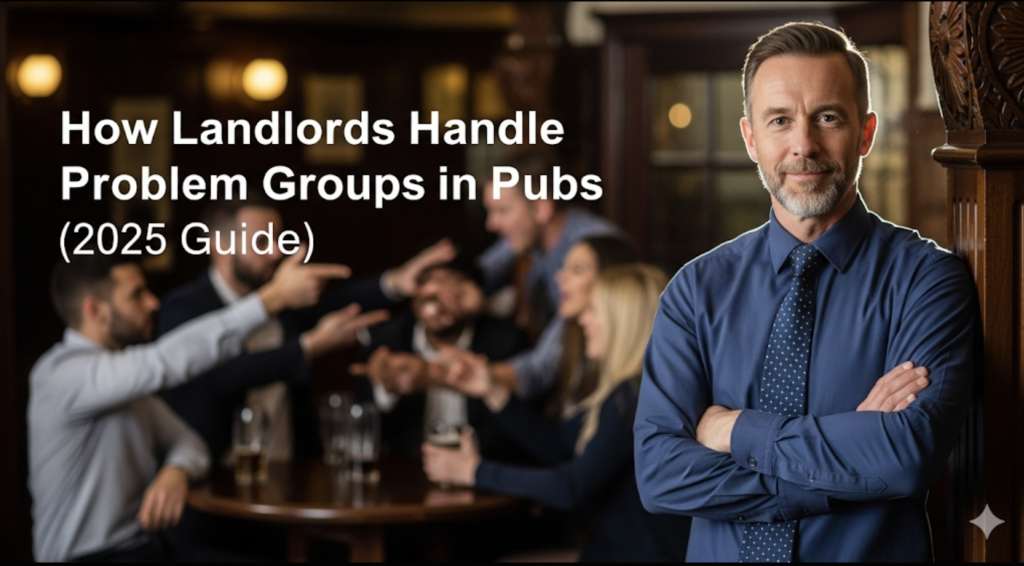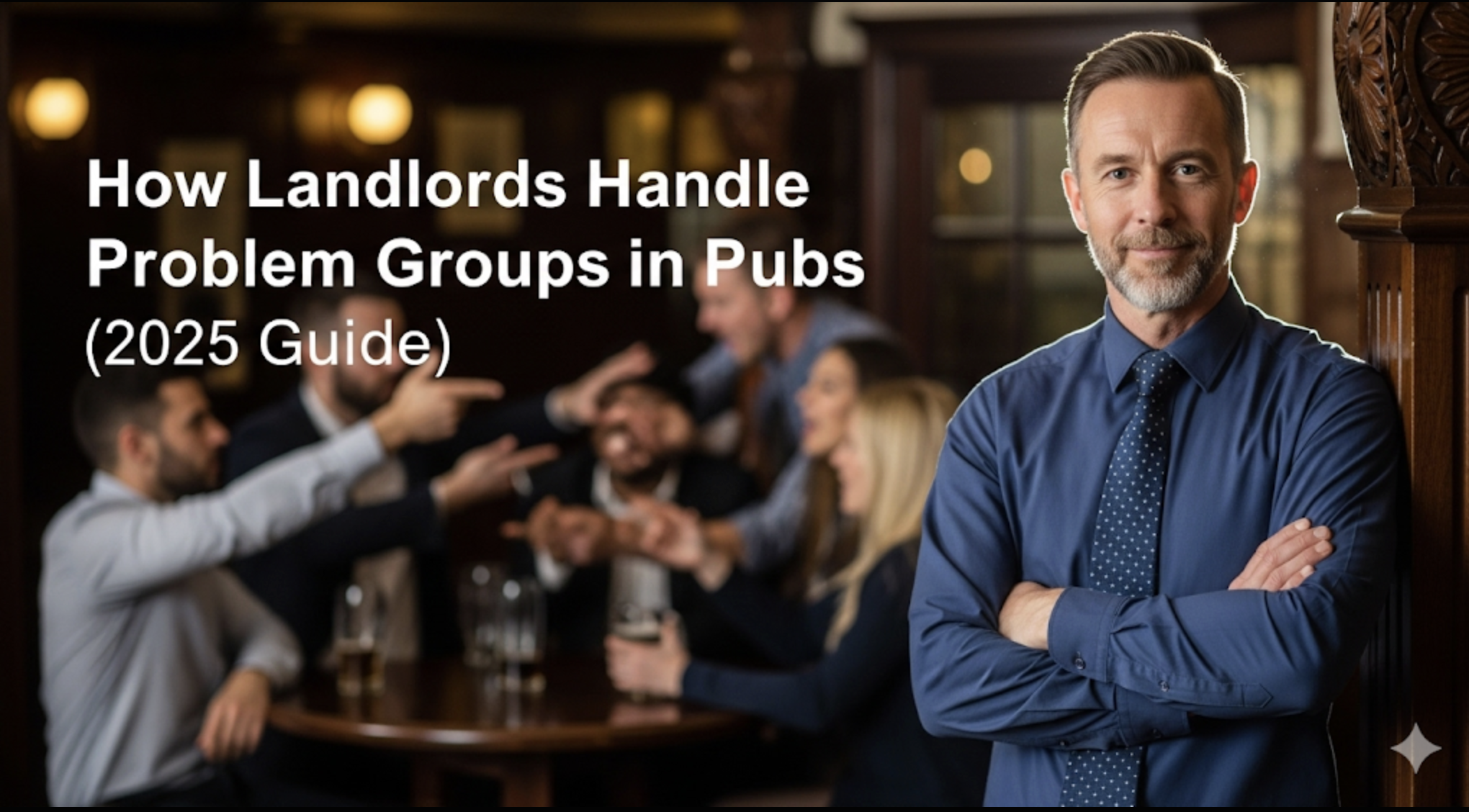Being a pub landlord is tough enough without the added burden of a group terrorising your village and impacting your business. It’s an incredibly stressful situation that can affect staff, customers, and your livelihood. You’re not alone, and there are specific steps and contacts you can leverage in the UK to regain control and ensure safety.
The immediate and most crucial contacts are the Police (both non-emergency and emergency), your Local Council’s Anti-Social Behaviour (ASB) team, and your local Pub Watch scheme. Documenting every incident meticulously is paramount.

Understanding Your Allies: Who to Contact and Why
When facing persistent anti-social behaviour or intimidation, a multi-pronged approach is often the most effective. Here’s a breakdown of who to contact and how they can assist:
1. The Police: Your First Line of Defence
It might feel like calls aren’t always acted upon, but consistent reporting builds a case and highlights a pattern of behaviour. Every incident, no matter how minor it seems, needs to be logged.
- Non-Emergency (101): Use this number for reporting incidents after they’ve happened, ongoing anti-social behaviour, intimidation, or to share intelligence. Insist on a Crime Reference Number (CRN) for every report. This is vital for tracking and demonstrating a persistent problem.
- Emergency (999): Call immediately if there is a crime in progress, an immediate threat to life, or if violence is occurring.
- Community Police/PCSOs: Try to build a relationship with your local Community Police Officers (CPOs) or Police Community Support Officers (PCSOs). They often have a deeper understanding of local issues and can increase patrols or offer advice on preventative measures. Request a meeting to discuss the cumulative impact on your pub and the village.
- Victim Support: If you or your staff have been directly targeted, remember that services like Victim Support are available to offer emotional and practical help.
2. Your Local Council: Beyond Law Enforcement
Local councils have significant powers and resources to tackle anti-social behaviour that often complements police action.
- Anti-Social Behaviour (ASB) Teams: Many councils have dedicated teams specifically for ASB. They can issue warnings, Acceptable Behaviour Contracts (ABCs), or even apply for Civil Injunctions or Criminal Behaviour Orders (CBOs) against individuals. They can also explore Public Space Protection Orders (PSPOs) for specific areas.
- Licensing Department: Your council’s licensing team oversees your premises licence. If the group’s behaviour is impacting your ability to uphold your licence conditions (e.g., preventing crime and disorder, public safety), they need to know. They can also advise on your rights regarding refusing service or banning individuals.
- Environmental Health: If the group’s activities involve excessive noise, littering, or other public nuisances, Environmental Health might be able to intervene.
3. Pub Watch Scheme: Strength in Numbers
If your village or a nearby town has a Pub Watch scheme, get involved immediately. If not, consider starting one.
- Information Sharing: Pub Watch schemes allow landlords to share information about problematic individuals and collectively ban them from all participating premises. This can be a powerful deterrent.
- Collective Voice: A united front of local businesses carries more weight with police and the council than individual complaints.
- Support Network: It provides a valuable network for sharing advice and support with fellow landlords facing similar challenges.
4. Community Engagement and Legal Avenues
Don’t underestimate the power of community and, if necessary, professional legal advice.
- Parish Council/Community Groups: Rally support from your local parish council or other community groups. The more voices raising concerns, the harder it is for authorities to ignore.
- Local MP/Councillor: If you feel local authorities aren’t responding adequately, escalate the issue to your local Member of Parliament (MP) or ward councillor. They can lobby on your behalf.
- Legal Advice: As a last resort, if all other avenues fail, consult a solicitor. They can advise on obtaining civil injunctions against specific individuals to prevent them from entering your premises or specific areas of the village.
Crucial: Document Everything!
The success of any intervention hinges on robust evidence. Maintain a detailed incident log that includes:
- Date and Time: Of the incident and when it was reported.
- Description: What happened, who was involved, what was said/done.
- Witnesses: Names and contact details (with consent).
- CCTV Footage: Note if footage exists and ensure it’s saved.
- Police Reference Numbers: For every single report.
- Impact: Detail the effect on your business (lost custom, staff morale, damage).
This comprehensive record will be invaluable when dealing with the police, council, or any legal proceedings.
Take Back Control of Your Pub and Village
Dealing with a terrorising group is incredibly challenging, but by systematically engaging with the right authorities and meticulously documenting incidents, you can build a strong case and push for effective action. Your pub is a vital hub for the community, and you have every right to operate safely and without intimidation.
Empower Your Pub Management with SmartPubTools.net
Ready to take control?
